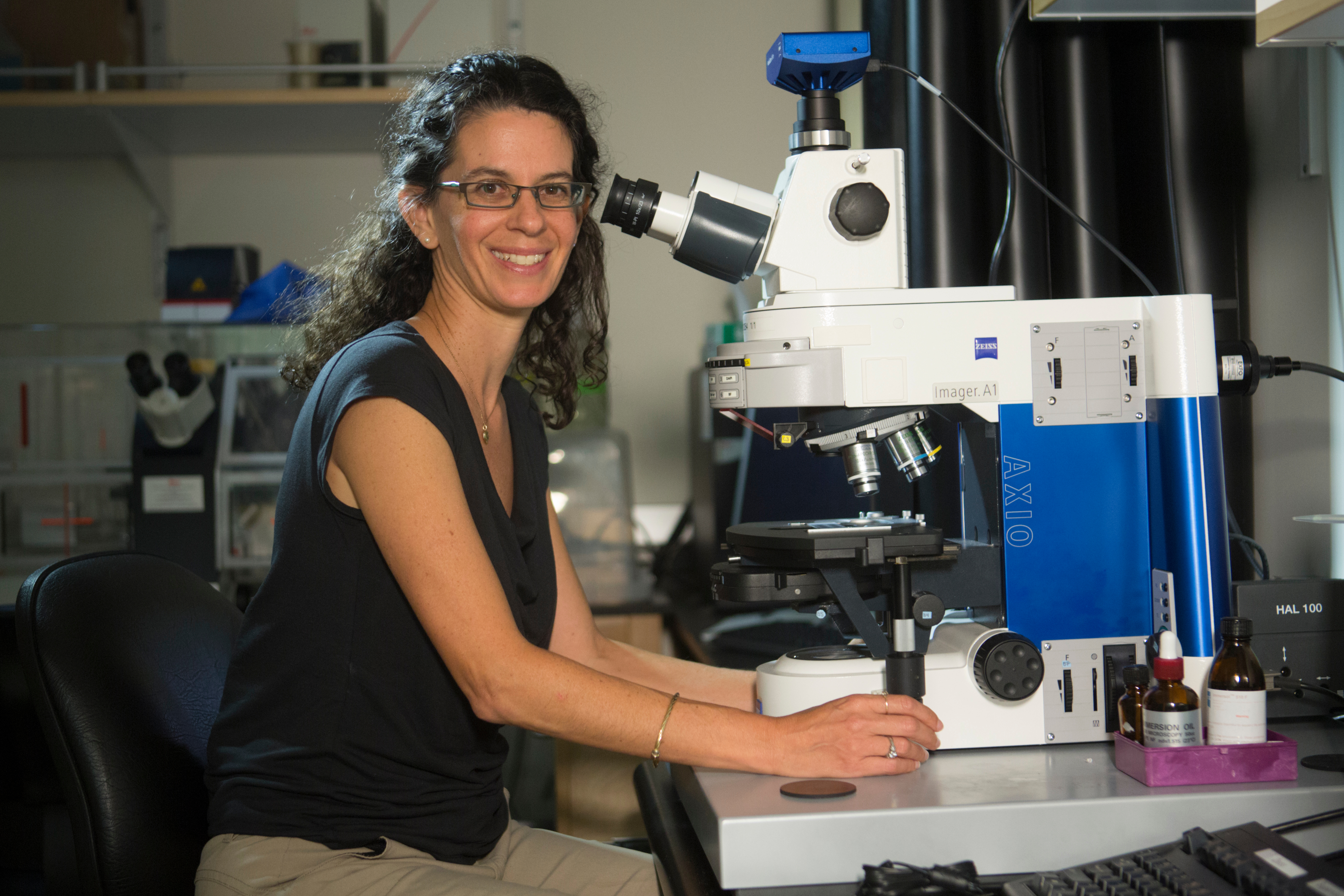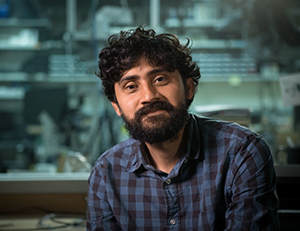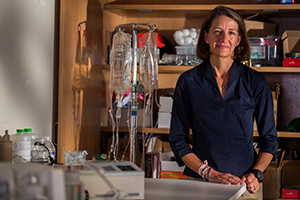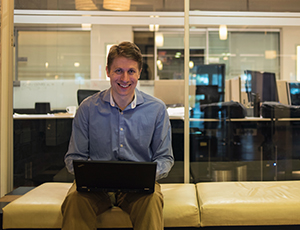MacArthur Genius Grants Go to Four Alumni
-
-
slice.mit.edu
Filed Under
Recommended

The MacArthur Foundation places big bets on people and innovations that matter. In 2016, four of the 23 new genius grant winners are MIT alumni. These newly announced MacArthur fellows, who each receive $625,000 over five years, include a microbiologist, physical biologist, bioengineer, and computer scientist.
Dianne Newman PhD ’98 (pictured) relies on MIT style-multidisciplinary approaches in her investigation of the roles bacteria have played in shaping the Earth and using that knowledge to create biomedical techniques. At MIT, she studied civil engineering and taught bioengineering systems with appointments to the departments of biology and earth and planetary sciences in 2007-10. She is currently the Gordon M. Binder/Amgen Professor of Biology and Geobiology at Caltech. The MacArthur Foundation pointed to her work “using the insights she has gained about ancient bacteria to understand how modern bacterial communities grow and survive in low-oxygen environments of contemporary biomedical significance.” Her work could lead to new treatments for people with chronic lung infections. Learn more about Newman’s work (video).

Manu Prakash ’05, PhD ’08, who studied media arts and sciences at MIT, is an assistant professor in the Department of Bioengineering at Stanford University. A physical biologist, he is applying his expertise in soft-matter physics to problems in global health, science education, and ecological surveillance. His projects have ranged from studying how shorebirds drink to how a few drops of food coloring can demonstrate highly complex behavior such as chemotaxis. He also develops low-cost, widely accessible devices such as the Foldscope, a lightweight optical microscope that costs less than a dollar to produce and is assembled from an origami-based, paper-folding design with integrated lenses and electronics. Learn more about Prakash’s work (video).

Rebecca Richards-Kortum SM ’87, PhD ’90, who earned her MIT degrees in physics and health sciences and technology, is the Malcolm Gillis University Professor in the Department of Bioengineering at Rice University. To address global health disparities, she has drawn on nanotechnology, molecular imaging, and microfabrication techniques to create low-cost and practical medical tools. She and her collaborators have created a portable, high-resolution microendoscope that enables real-time diagnosis and treatment of cervical cancer in a single visit and an inexpensive LED-based phototherapy light device for treating jaundice in newborns. Richards-Kortum also co-founded Beyond Traditional Borders, an undergraduate curriculum focused on solutions for global health problems. Learn more about Richards-Korum’s work (video).

William Thies ’01, ’02, MEng ’02, PhD ’09, a senior researcher for Microsoft Research India (Bangalore), develops communication and digital technologies to advance the social and economic well-being of low-income communities in the developing world. He and collaborators developed the 99DOTS initiative, a new approach for delivering tuberculosis medication that ensures adherence to the full treatment regimen, which is crucial for preventing the spread of drug-resistant strains of the disease. Thies also created an interactive voice response system that allows citizen journalists in remote areas to report or record news notices via mobile phones. At MIT, Thies studied mathematics and electrical engineering and computer science. Learn more about Thies’s work (video).







